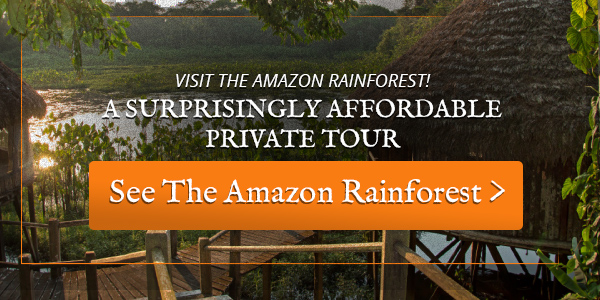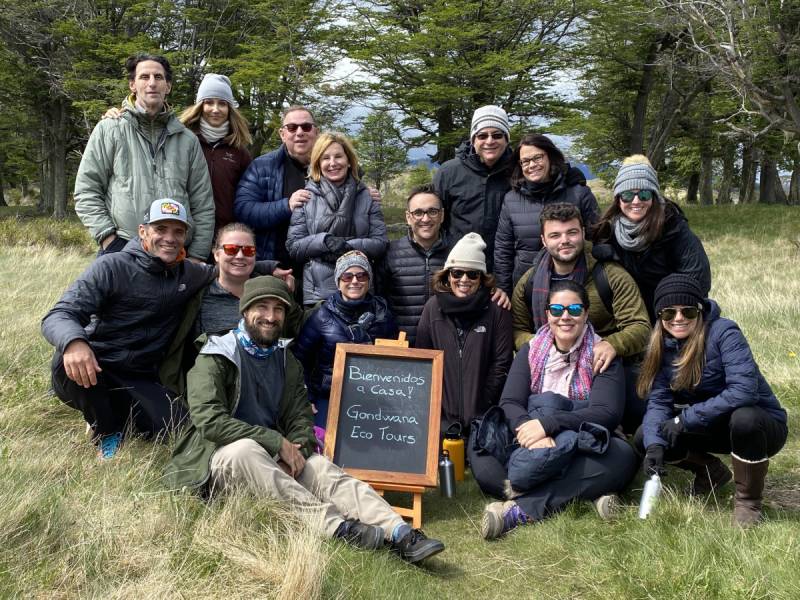Preserving Amazon Tribal Culture
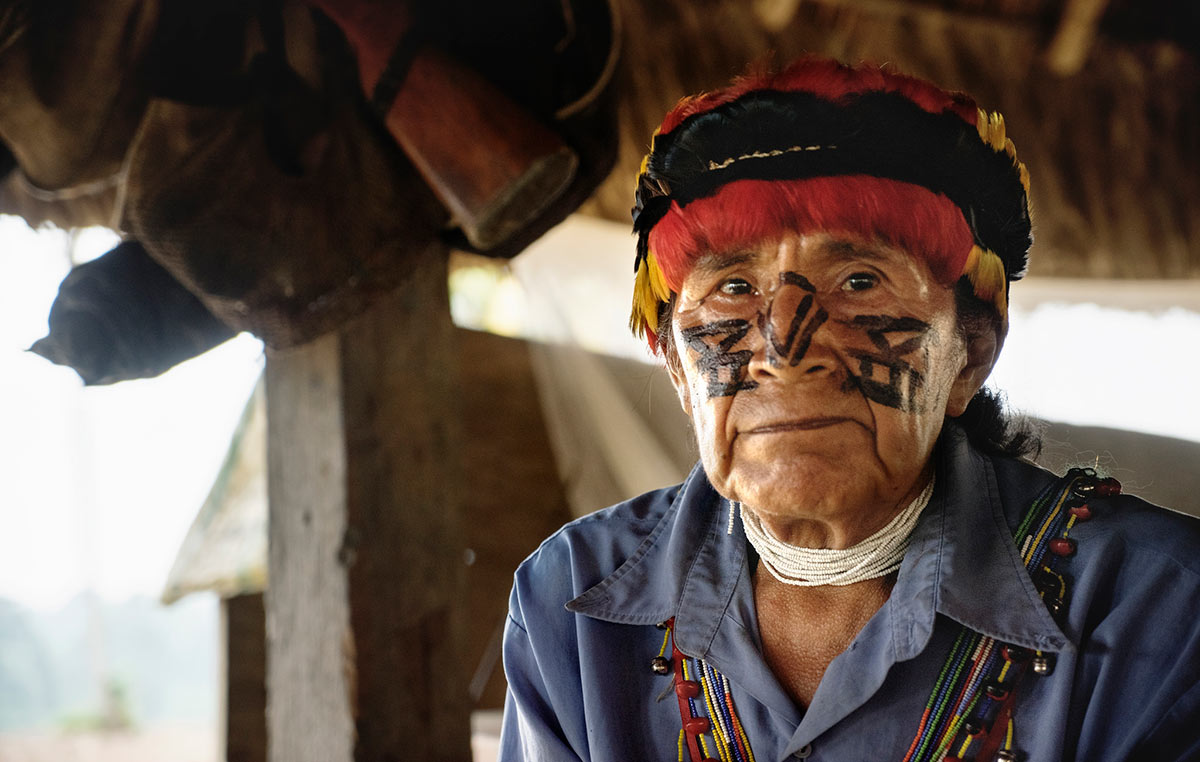 Few of us can conceive of a time without electricity or grocery stores. Being caught up in modern life removes us even further from the lifestyle of our ancestors. However, there are still many Amazonian tribes who have lived the same way for thousands of years, some uncontacted by the outside world. Since some of these tribes welcome visitors, there are many opportunities for people who are interested in visiting indigenous tribes of the Amazon.
Few of us can conceive of a time without electricity or grocery stores. Being caught up in modern life removes us even further from the lifestyle of our ancestors. However, there are still many Amazonian tribes who have lived the same way for thousands of years, some uncontacted by the outside world. Since some of these tribes welcome visitors, there are many opportunities for people who are interested in visiting indigenous tribes of the Amazon.
Perhaps the greatest threat to these tribes are international corporations invading their territory and exploiting the Amazon’s natural resources, at the loss of the locals and environment. In most cases, the demand for privacy is respected by the government but this isn’t always true. Additionally, missionaries and other outsiders have spread disease within these communities, who haven’t built up immunity to these illnesses. This has created a sense of dis-trust in some of the tribes who prefer to be uncontacted. With so few native tribes remaining and forest space becoming increasingly scarce, preserving indigenous cultures becomes difficult.
Protecting Indigenous Cultures Amidst Growing Threats in the Amazon
The delicate balance between preserving indigenous cultures and the relentless encroachment of outside influences is reaching a critical juncture in the Amazon. As international corporations continue to prioritize profit over humanity and the environment, the struggles faced by these tribes intensify. The spread of diseases introduced by outsiders further compounds the challenges these communities face, eroding their already fragile existence. The need to protect and respect the autonomy of these tribes has never been more urgent, as the rapid depletion of forest resources threatens both their way of life and the biodiversity of the Amazon rainforest. In the face of these escalating threats, concerted efforts must be made to safeguard the rights, traditions, and lands of these indigenous peoples before it’s too late.
Volunteer in the Amazon Rainforest
However, there are many tribes who welcome visitors, preferring to teach them about their culture. Visiting indigenous tribes of the Amazon is accessible to outsiders through volunteering, research and teaching opportunities. Gondwana founder, Jared Sternberg had his first introduction to the Achuar tribe in Ecuador through volunteering in the Amazon, and published a chapter about his experience in “Tourism in the Green Economy.” He writes, “The indigenous peoples of the Amazon have proven to the rest of the world they are deeply connected to their environment, therefore that their way of life should be protected as well.” To learn more about volunteer opportunities, narrow down your interests, determine what kind of work you want to do, the country you want to visit, and start researching! Eco-volunteering is booming, and the options are endless. While volunteering can be great, as a general rule of thumb, it requires a significant period of time to truly be beneficial. As a result, volunteering in the Amazon Rainforest could benefit you personally by:
- Connection with Nature: Volunteering in the rainforest offers a unique opportunity to immerse oneself in the natural world, fostering a deep connection with the environment and a sense of awe and wonder.
- Self-Discovery: Being in such a remote and challenging environment encourages personal growth and self-discovery as you navigate unfamiliar terrain, overcome obstacles, and adapt to new situations.
- Sense of Purpose: Contributing to conservation efforts provides a sense of purpose and fulfillment, knowing that your actions are making a positive impact on the preservation of biodiversity and the protection of fragile ecosystems.
- Cultural Exchange: Interacting with local communities allows for meaningful cultural exchange, broadening perspectives and fostering mutual understanding and respect.
- Skill Development: Volunteering in the rainforest cultivates valuable skills such as teamwork, leadership, problem-solving, and adaptability, which are applicable in various aspects of life.
- Emotional Well-being: Spending time in nature has been shown to reduce stress, improve mental health, and promote overall well-being, providing a much-needed escape from the pressures of modern life.
- Sense of Achievement: Overcoming challenges and seeing the tangible results of your efforts instills a sense of achievement and pride, boosting confidence and motivation to continue making a difference.
Sustainable Ecotourism in Ecuador
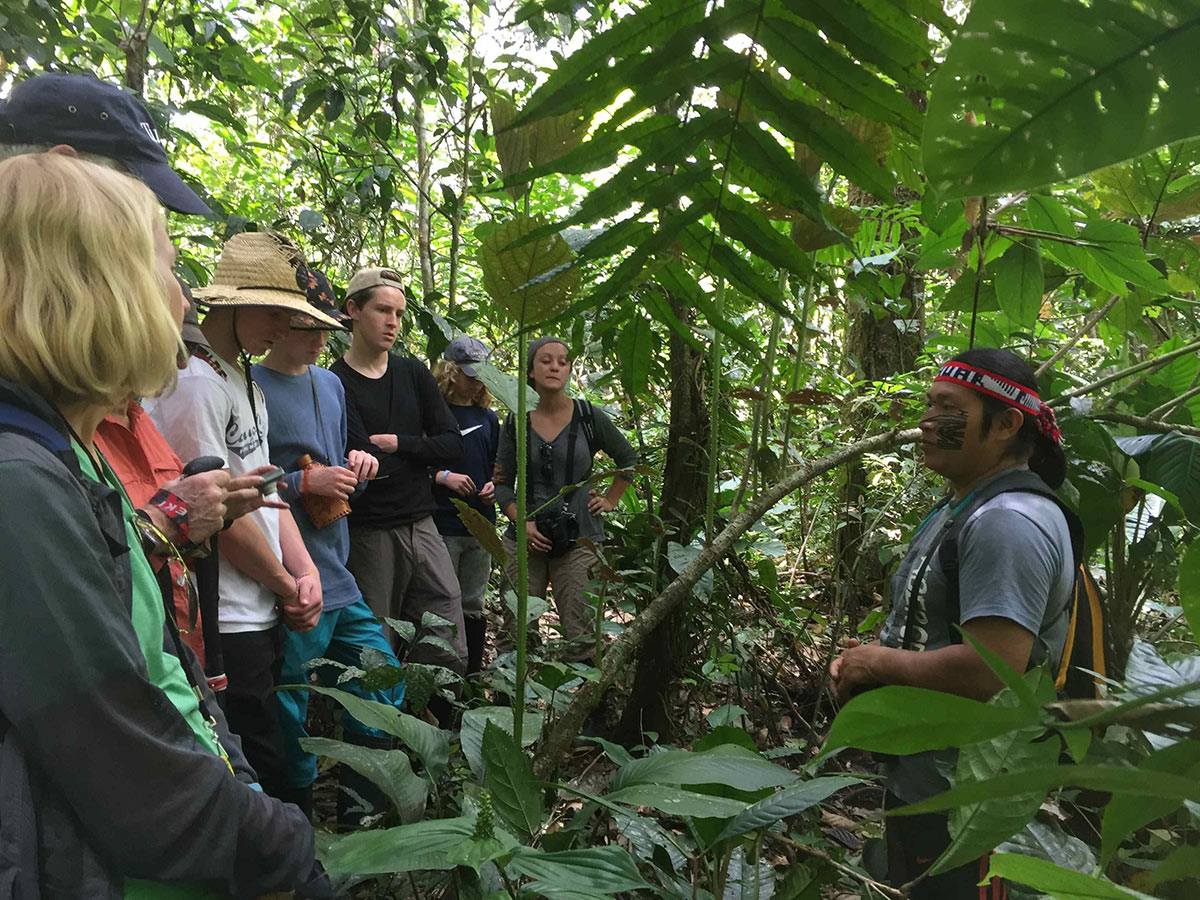 Interested in visiting, but don’t have time to volunteer? Ecotourism is an amazing way to learn about Amazonian culture that educates the visitor and benefits the indigenous people. Many tribes have chosen to co-exist with the modern world, and use their knowledge about wildlife, tribal arts, and culture to support themselves. For example, the Achuar of the Ecuadorian Amazon had their first contact with outsiders, missionaries, in the late 1960s. Since then, they have developed a sustainable, eco-friendly resource in the Kapawi Ecolodge. Guests on Gondwana’s Amazon Awakening tour have the opportunity to stay at the lodge and learn about the local biodiversity from professional Achuar guides.
Interested in visiting, but don’t have time to volunteer? Ecotourism is an amazing way to learn about Amazonian culture that educates the visitor and benefits the indigenous people. Many tribes have chosen to co-exist with the modern world, and use their knowledge about wildlife, tribal arts, and culture to support themselves. For example, the Achuar of the Ecuadorian Amazon had their first contact with outsiders, missionaries, in the late 1960s. Since then, they have developed a sustainable, eco-friendly resource in the Kapawi Ecolodge. Guests on Gondwana’s Amazon Awakening tour have the opportunity to stay at the lodge and learn about the local biodiversity from professional Achuar guides.
Despite recent eco-tourism efforts, corporate tourism has taken advantage of the indigenous indian community in the past. Ultimately Gondwana’s goal is to support the Achuar tribe and teach travellers about this complex world. Keep in mind that guides and artisans make a living from tourism, so all tips and purchases go right back to the local community. A portion of the proceeds from Gondwana’s Amazon Awakening trip goes back to supporting the Achuar nation.
Want to get insider access and visit the Achuar tribe?
Visiting indigenous tribes of the Amazon isn’t your everyday vacation. It’s culture shock in it’s truest sense, as visitors step into a natural environment and native culture that is so different than the modern world. Through volunteering and sustainable travel, outsiders can connect with these communities in a meaningful, eco-friendly way, while respecting their culture
Check out the Amazon Awakening Itinerary to Learn More
Learn more about who the Achuar people are. The Achuar are an indigenous group residing in the Amazon rainforest of Ecuador and Peru. They maintain a deep spiritual connection with their natural surroundings and practice a unique form of animistic belief system. Achuar communities often engage in sustainable living practices, emphasizing harmony with the environment.
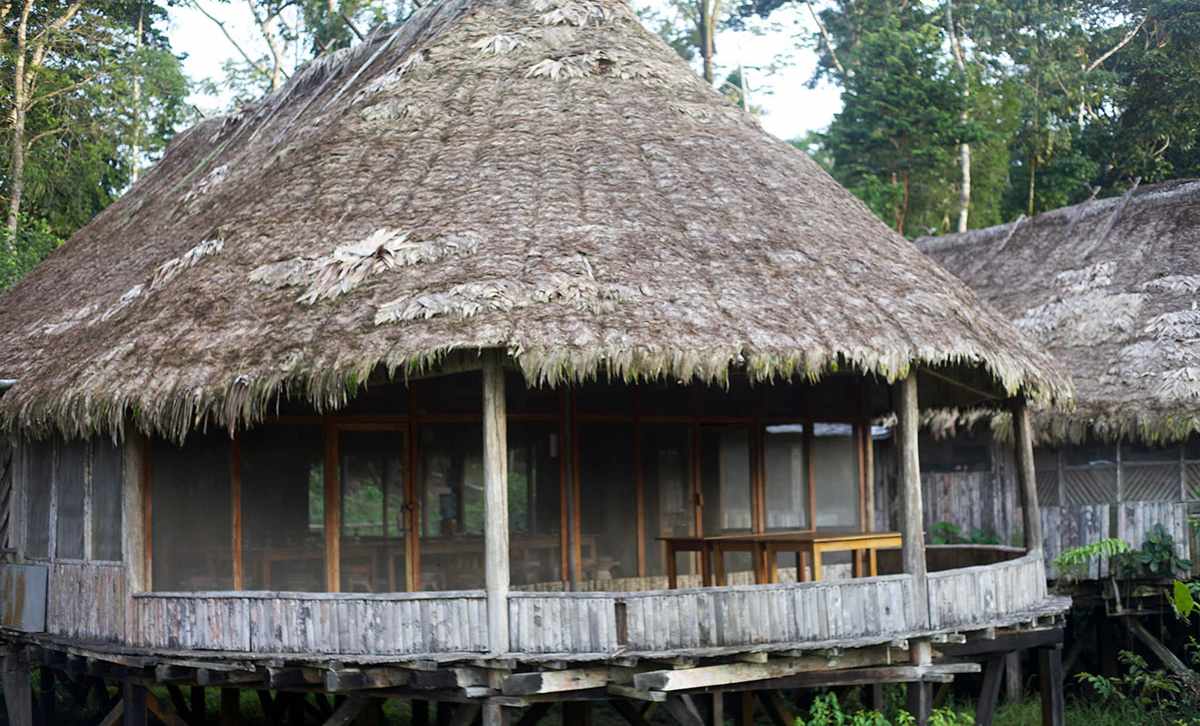
Rooms at the Kapawi Ecolodge


